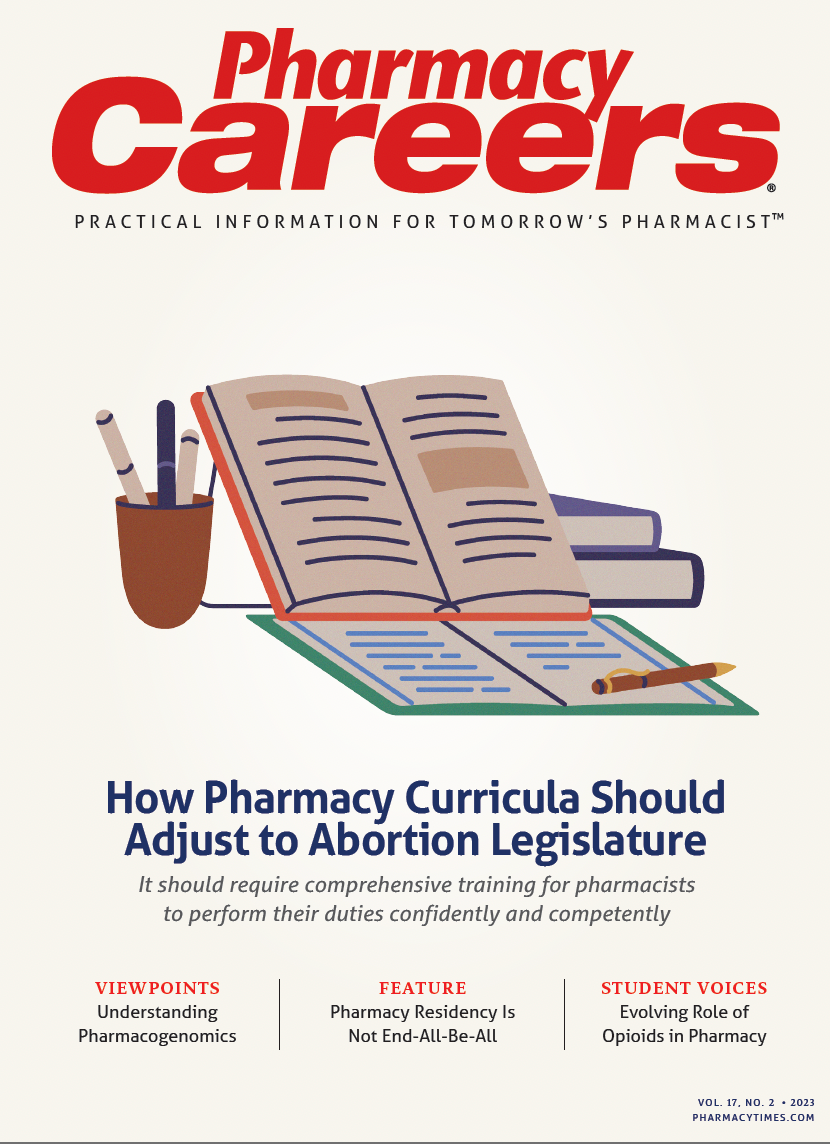Commentary
Article
Pharmacy Careers
Eight Steps for Success: How to Start Medical Writing as a Student
Author(s):
Developing writing samples and networking are examples of strategies for students to develop their skills in medical writing.
Medical writing is a rewarding career path with which many pharmacy school students may not be familiar with. If you browse job postings on LinkedIn, you’ll see a variety of positions specifically for pharmacists. After all, pharmacists are drug experts, so they are well positioned as medical writers. Medical writing offers exciting opportunities, with both remote and face-to-face work environments. While medical writing may seem like a behind-the-scenes job, it is one of the most important aspects of medical education. If you enjoy research and creating content, then medical writing could be the right career path for you.
Drazen - stock.adobe.com

My Medical Writing Journey
During my drug information residency, I developed a passion for research and teaching. My next step was a career in academia, managing a university-based drug information center and teaching pharmacy students. The information center provided written and verbal responses to drug information questions from patients and health care professionals on topics including pill identification and drug interactions. One of the most exciting parts of academia was getting involved in research and crafting articles for publication.
After becoming a parent, I decided to transition from academia to freelance medical writing for more job flexibility. I began writing for Pharmacy Times about 8 years ago and it has been a wonderful experience developing content for pharmacists. Lifelong learning is one of the best aspects of medical writing because you are always researching something new. You are always on top of your pharmacy knowledge. COVID-19 and respiratory syncytial virus vaccines are a couple of the many hot topics I have covered. My most recent rewarding medical writing venture is developing consumer drug information content for GoodRx Health.
Career Opportunities
Besides writing for pharmacy magazines or consumer health education websites, pharmacists can develop continuing education programs for medical communications companies either in person or at home.1 Other opportunities include slide deck development, textbook chapter writing, medical marketing, and regulatory document preparation.1 Additionally, pharmacy editors play an important role in writing and editing content for websites, scientific journals, and health care magazines.
8 Steps for Success
There are a variety of steps you can take while in pharmacy school to prepare for a career in medical writing. When pharmacy students with an interest in medical writing reach out to me, I provide the following 8 tips for success:
- Reach out to faculty members for research and writing opportunities. These professors can also serve as mentors. Having published material under your belt definitely can boost your profile when applying for medical writing jobs. Pharmacy Times has student writing opportunities in its Pharmacy Careers edition, which is published online twice a year.2
- Brush up on your reading and evaluation skills. Medical writing often involves evaluating and explaining clinical studies.
- Keep your curriculum vitae up-to-date to include your involvement in research and publications.
- Networking is a great way to get your name out there. Attend pharmacy conferences and present research. Sometimes medical writing opportunities arise when you are in the right place at the right time.
- Create a free LinkedIn profile to showcase your published work and search for medical writing opportunities. Set your job alerts to medical writing and you’ll receive notifications about opportunities from LinkedIn.
- Check with your pharmacy school about any medical writing rotations.
- While you do not necessarily need a residency or medical writing certificates, it helps to create writing samples. Develop a couple of writing samples that are ready to go for any job application. One should be geared toward health care professionals and another toward patients. Topics may include new drug approvals, guideline updates, or patient education.
- Develop your own writing niche or content that you specialize in. This can be your area of expertise or interest; for example, my writing niches are vaccines, medication therapy management, and medication safety. If you enjoy counseling patients about OTC medications, you can incorporate this into your writing as your niche. When applying for medical writing positions, you will often be asked about your area of interest or specialty.
About the Author
Jennifer Gershman, PharmD, CPh, PACS, is a drug information pharmacist and Pharmacy Times contributor who resides in South Florida.
References
- Hoffmann-Eubanks B. Medical writing: write your way to six-figures and beyond. Sr Care Pharm. 2021; 36(6):273-275. doi:10.4140/TCP.n.2021.273.
- Submission of articles. Pharmacy Times. Accessed July 24, 2023 https://www.pharmacytimes.com/submission-of-articles

Newsletter
Stay informed on drug updates, treatment guidelines, and pharmacy practice trends—subscribe to Pharmacy Times for weekly clinical insights.






